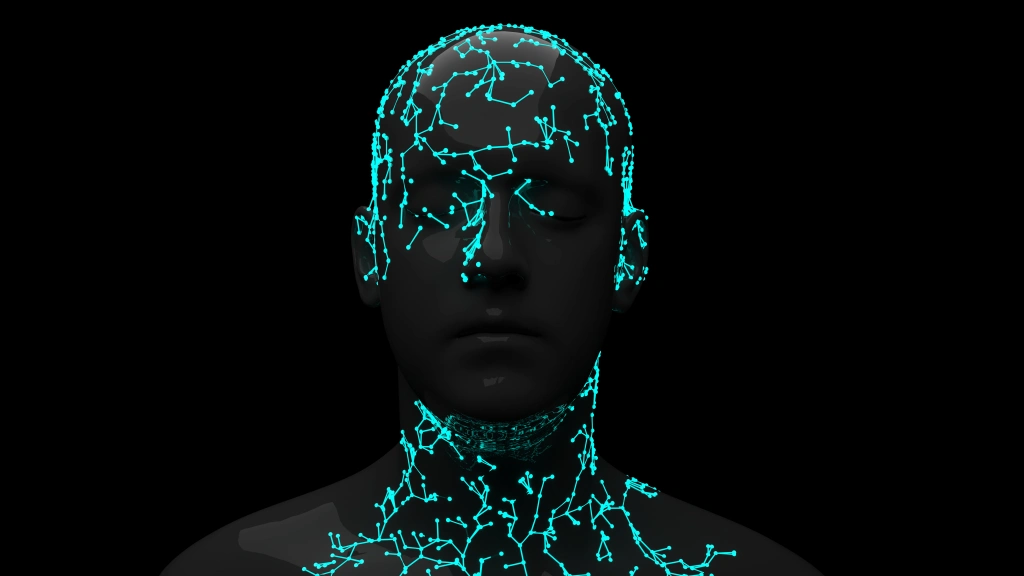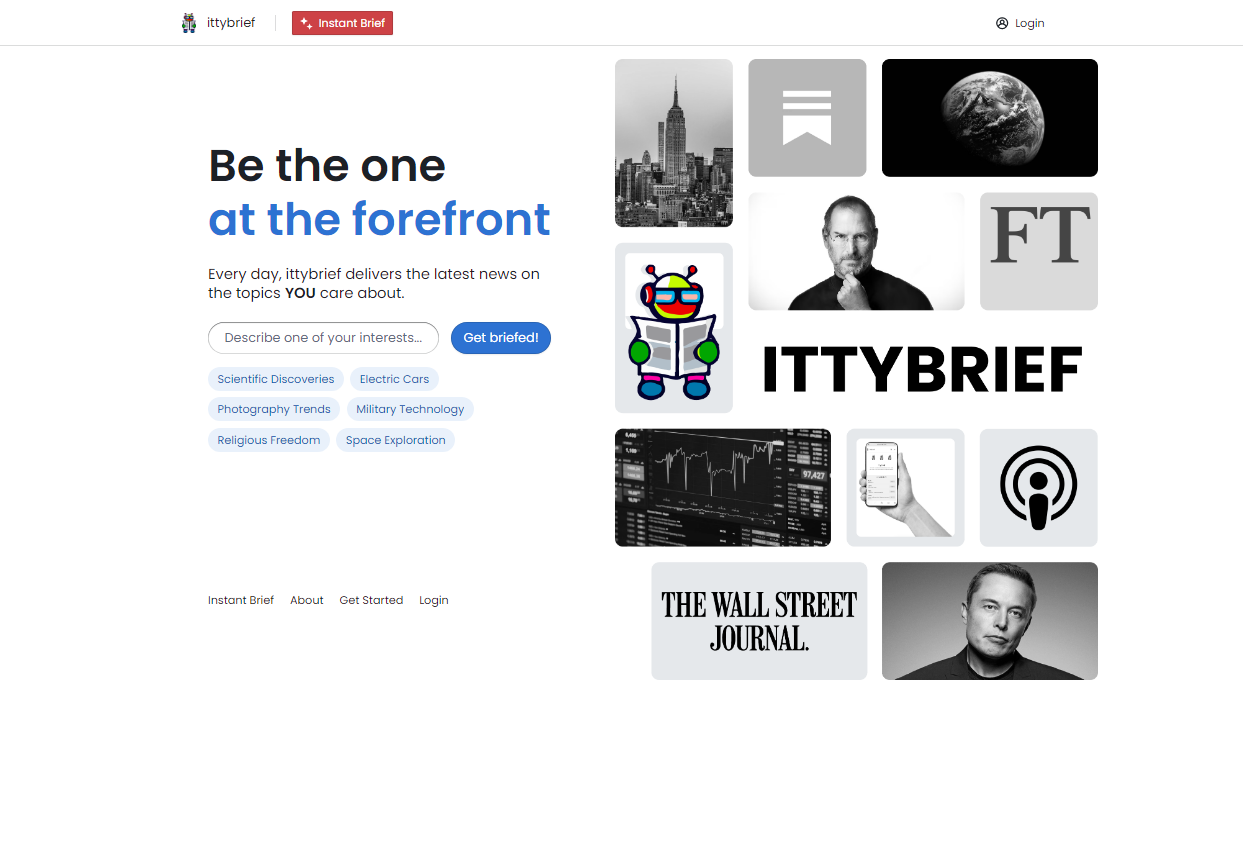China to break into presidential elections through AI
Microsoft issued a warning, stating that state-sponsored Chinese cyber organizations "are likely to target" this year's presidential and parliamentary elections in nations including the US, South Korea, and India, with help from North Korean players. It is anticipated that their main strategy will be to produce and share AI-generated material on social media that is biased to "benefit their positions" in these elections.
In the study released on Friday, Microsoft cautioned, stating, "China's increasing experimentation in augmenting memes, videos, and audio will continue - and may prove effective down the line." "While the impact of such content in swaying audiences remains low."
As a sign of this new danger, the business pointed to China's recent "dry run" of using AI-synthesised misinformation before Taiwan's January presidential election. Microsoft determined that the first known effort by a state actor to sway a foreign vote with AI-manufactured material was made by a pro-Beijing organization called Storm 1376 or Spamouflage Dragon.
The Chinese-backed operatives used a variety of strategies, such as sharing fictitious audio clips that were probably "generated by AI" and showed a former presidential candidate supporting a rival, as well as AI-generated memes that falsely accused the eventual winner, William Lai, of corruption. Additionally, the gang produced "news anchors" that were generated by AI to spread false information regarding Lai's private life.
"We are expected to see Chinese cyber and influence players, and to some extent North Korean cyber actors, work toward targeting these elections as people in India, South Korea, and the United States head to the polls,” the Microsoft research said.
In an effort to "gather intelligence and precision on key voting demographics ahead of the US Presidential election," the business stated that Chinese organizations are already making coordinated efforts to map contentious topics and voting blocs in the US through social media campaigns.
Microsoft recognized the risk but also noted that misinformation powered by AI has had only patchy success swaying public opinion throughout the world thus far. However, it issued a warning that Beijing's expanding technological competence and investment posed a growing danger to the integrity of democratic elections throughout the world.
AI Catalog's chief editor










